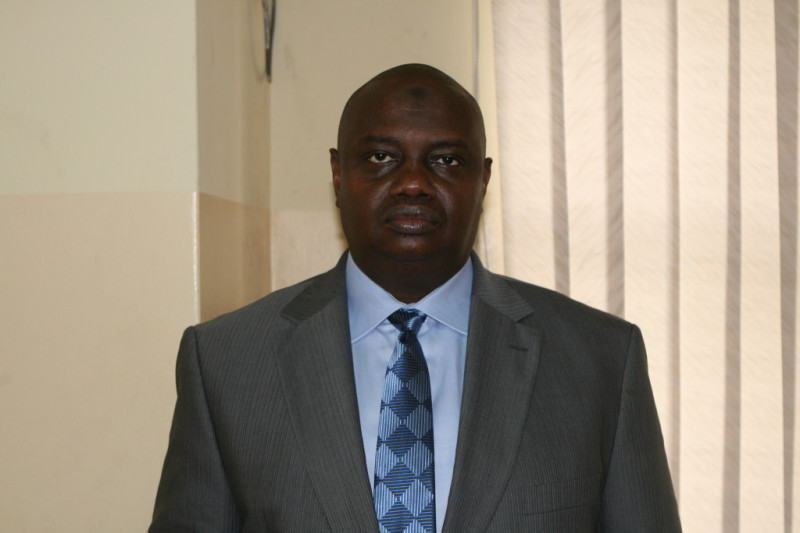Nigerians To Spend N10.7bn, Loses N5bn On US Visa Applications
Following an Executive Order issued by President Donald Trump on immigration banning seven Muslims-majority countries from entering the United States of America and seeking to deal with others based on diplomatic reciprocity, there are indications that losses recorded by Nigerians seeking non immigrant visas to the US may reach N5 billion this year.
This is as nothing less than N10.7 billion would also be spent by Nigerians seeking different types of non immigrant visas for the purposes of business, visiting, schooling and health in 2017alone, if at least 220, 000 Nigerians still apply for this visa type.
According to available data, out of more than 220,000 non immigrant visa applications adjudicated at the U.S Embassy in Abuja and the Consulate in Lagos in 2014, only 129, 392 visas were granted, resulting in a loss of N 2, 174, 592,000 to the 90,608 applicants whose visas were denied, going by the exchange rate of N150 to a dollar that time.
While the figures of applications received in 2015 and 2016 are not available, the U.S Homeland Affairs revealed that 143, 430 non immigrant visas were granted in Nigeria in the 2015 fiscal year, this is as the number of applications for visas keeps increasing year on year, relative to the refusal and success rates.
The figures further show that from 2011 through 2013, 54,019; 73,889 and 103,835 non immigrant visas were issued in Nigeria for the respective years.
The development also points to the fact that the total loss in application fees of $160 per applicant to unsuccessful non immigrant visa seeking Nigerians in 2017 could more than double the figure for the preceding years, going by the current exchange rate of N304.25 to a dollar and the refusal rate that may be higher because of the Executive Order.
A source at the U.S Consulate in Lagos declined to comment on the enforcement of the Order in Nigeria and its impact on visa applicants in Nigeria. When asked further if a more senior official of the Consulate could talk on the matter, the source simply reminded our correspondent of the former Acting Attorney General, Sally Yates, fired for defying the Order.
There have been speculations that if the U.S Embassy in Nigeria applies the principle of reciprocity stipulated in the Executive Order, the validity period of visas issued to Nigerians could be reduced from two years and the application fee reviewed upward.
It is noteworthy that whereas the U.S. issues two-year multiple entries non immigrant visas to Nigerians at $160, Nigeria grants, for the most parts, non immigrant visas with a shorter validity to Americans and at an higher cost of $180 with a processing fee of $35.
Section 9 of the Order has said in part: “The Secretary of State shall review all non immigrant visa reciprocity agreements to ensure that they are, with respect to each visa classification, truly reciprocal insofar as practicable with respect to validity period and fees.”
It states further, “If a country does not treat United States nationals seeking non immigrant visas in a reciprocal manner, the Secretary of State shall adjust the visa validity period, fee schedule, or other treatment to match the treatment of United States nationals by the foreign country to the extent possible.”
Meanwhile, the U.S Senate has just confirmed the former ExxonMobil CEO, Rex Tillerson, as the new Secretary of State on February 1. Tillerson, neither a diplomat, soldier nor politician, has also promised to “represent the interests of all the American people at all times,” in harmony with President Trump’s Make America Great Again (MAGA) mantra.
A recent visit to the Walter Carrington Crescent where the U.S. Consulate is located in Lagos revealed that visa applicants still continue to flock to the place to procure their travel document for various purposes, commencing from 6 am.
The U.S Embassy had scheduled visa interviews appointments for some applicants on some Saturdays and certain Nigerian public holidays in recent time.




